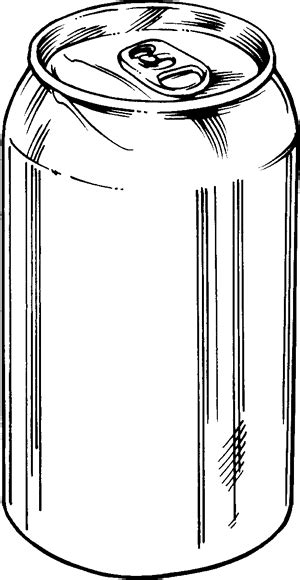Beyond physical symptoms, what are some key indicators men should monitor for their mental health?

The Silent Struggle: Why Men Often Miss Mental Health Cues
Societal expectations often pressure men to embody strength, self-reliance, and stoicism. This cultural conditioning can lead men to internalize their struggles, dismiss emotional discomfort, and primarily associate health issues with physical ailments. Consequently, mental health challenges may go unnoticed or unaddressed, as the focus remains on tangible symptoms rather than the less obvious, yet equally critical, emotional and behavioral shifts. Recognizing these subtler indicators is paramount for early intervention and fostering overall well-being.

Emotional and Mood Shifts: More Than Just Sadness
While persistent sadness is a clear sign, men often express emotional distress differently. Key indicators to watch for include:
- Increased Irritability or Anger: A low tolerance for frustration, frequent outbursts, or a general feeling of being on edge can mask underlying anxiety or depression.
- Loss of Interest (Anhedonia): A noticeable decline in enjoyment from hobbies, work, or activities that once brought pleasure. This isn’t just boredom; it’s a persistent inability to feel joy.
- Emotional Numbness: Feeling detached, hollow, or unable to connect with emotions, even in situations where a response would typically be expected.
- Persistent Pessimism or Cynicism: A consistent negative outlook on life, the future, or others, which goes beyond typical complaining.
Behavioral Changes and Social Withdrawal
Behavioral patterns can dramatically shift when mental health declines. These changes are often easier to observe than internal emotional states:
- Social Isolation: Withdrawing from friends, family, and social activities, preferring solitude over interaction. This might be disguised as being “busy” or “tired.”
- Changes in Sleep Patterns: Significant insomnia (difficulty falling or staying asleep) or hypersomnia (sleeping excessively), neither of which improves restfulness.
- Appetite and Weight Fluctuations: Noticeable increases or decreases in appetite, leading to significant weight gain or loss.
- Increased Substance Use: Relying more heavily on alcohol, drugs, or even excessive caffeine to cope with stress, numb feelings, or escape reality.
- Reckless or Impulsive Behavior: Engaging in risky activities without considering consequences, such as gambling, reckless driving, or uncharacteristic financial decisions.

Cognitive Indicators and Thought Patterns
How a man thinks, processes information, and perceives himself can also signal mental health struggles:
- Difficulty Concentrating: Trouble focusing on tasks at work or home, leading to decreased productivity and forgetfulness.
- Indecisiveness: Struggling to make even simple decisions, or constantly second-guessing choices.
- Negative Self-Talk: An internal dialogue filled with self-criticism, feelings of worthlessness, guilt, or hopelessness about the future.
- Obsessive or Ruminative Thoughts: Getting stuck in cycles of negative thinking, worrying excessively, or replaying past events.

Impact on Relationships and Daily Functioning
Mental health challenges don’t exist in a vacuum; they often ripple through a man’s relationships and ability to function effectively:
- Strained Relationships: Increased conflict, communication breakdowns, or a feeling of disconnect with partners, family, or colleagues.
- Neglect of Responsibilities: Failing to meet deadlines, neglecting household chores, or showing a general disinterest in previously important duties.
- Decreased Performance: A noticeable dip in work or academic performance, often accompanied by a lack of motivation.

Taking Action: Recognizing and Responding
Monitoring these non-physical indicators requires a shift in perspective, both for men themselves and for those who care about them. It’s crucial to:
- Practice Self-Awareness: Regularly check in with one’s own emotional state, thought patterns, and behaviors.
- Foster Open Communication: Create an environment where men feel safe discussing their feelings without fear of judgment or weakness.
- Seek Professional Help: If several indicators are persistent, encourage or personally seek the support of a therapist, counselor, or doctor. Mental health professionals can provide tools, strategies, and treatment plans.
- Encourage Healthy Coping Mechanisms: Promote physical activity, balanced nutrition, mindfulness, and strong social connections as vital components of mental well-being.

Conclusion
Moving beyond the narrow definition of health as purely physical is essential for addressing men’s mental health effectively. By understanding and actively monitoring the subtle emotional, behavioral, cognitive, and relational indicators, men can better recognize when they are struggling and take proactive steps toward recovery and improved well-being. It’s a sign of strength, not weakness, to acknowledge these cues and seek the support needed to navigate life’s challenges.








